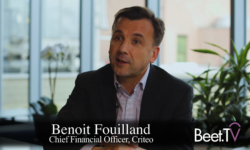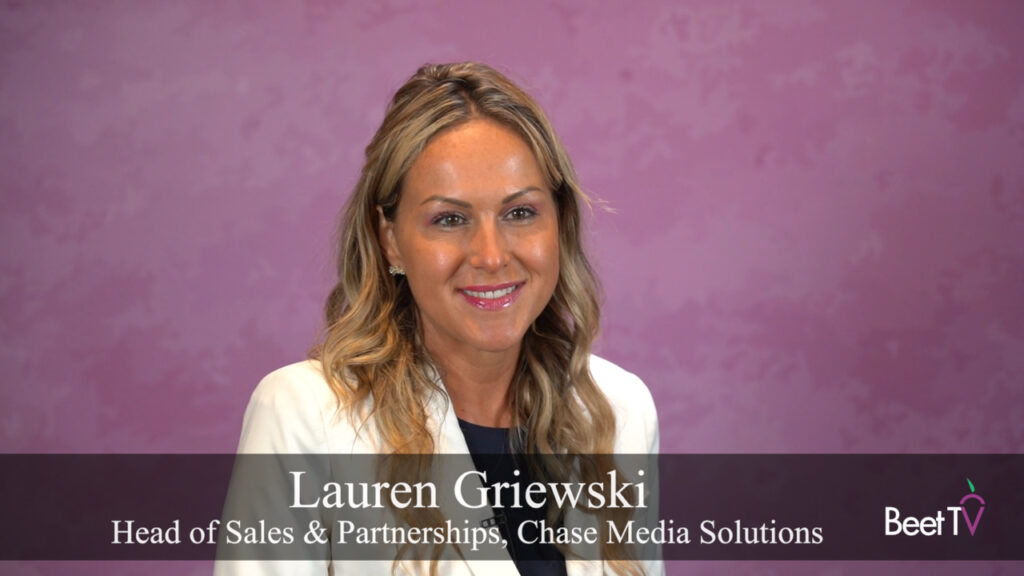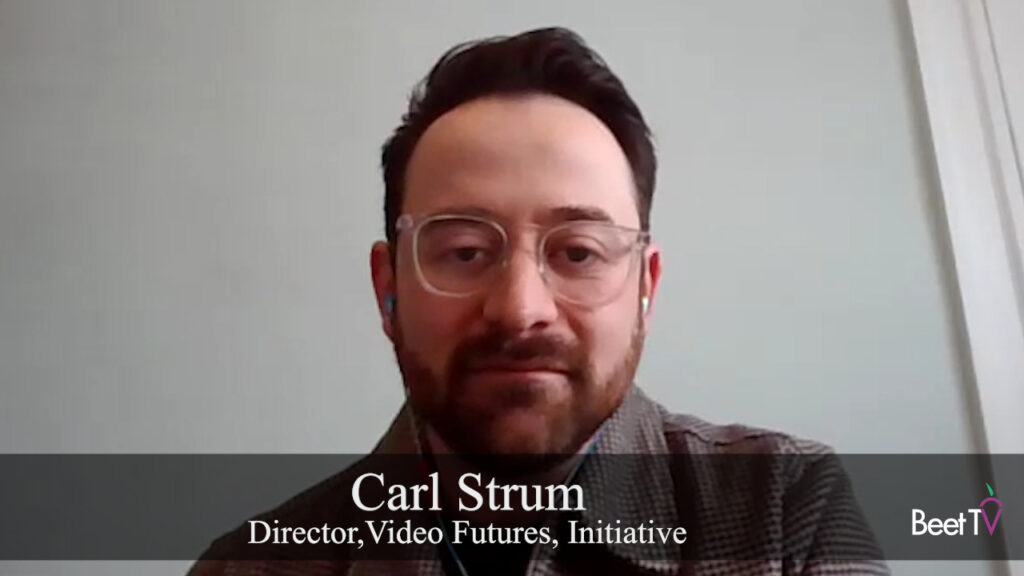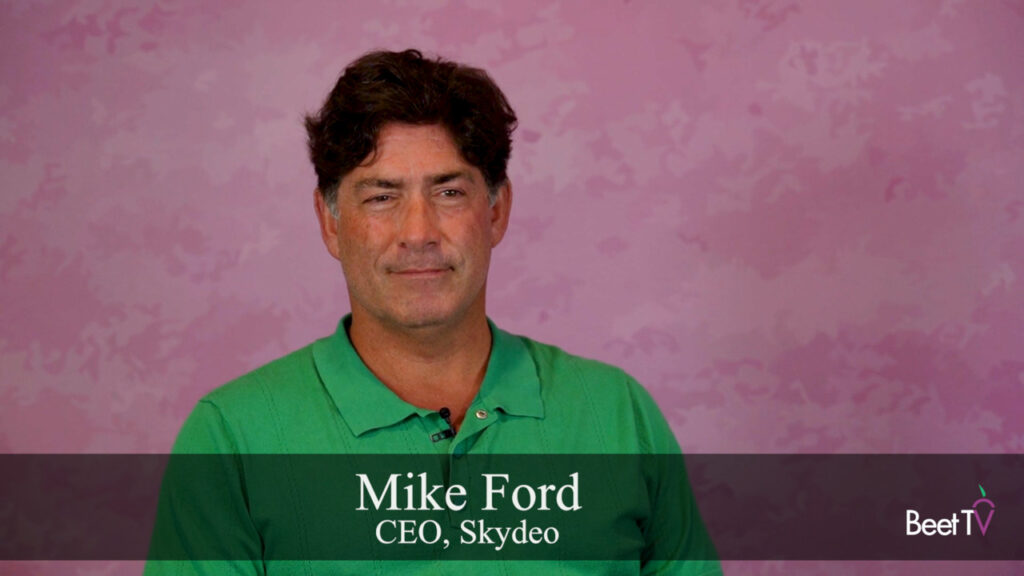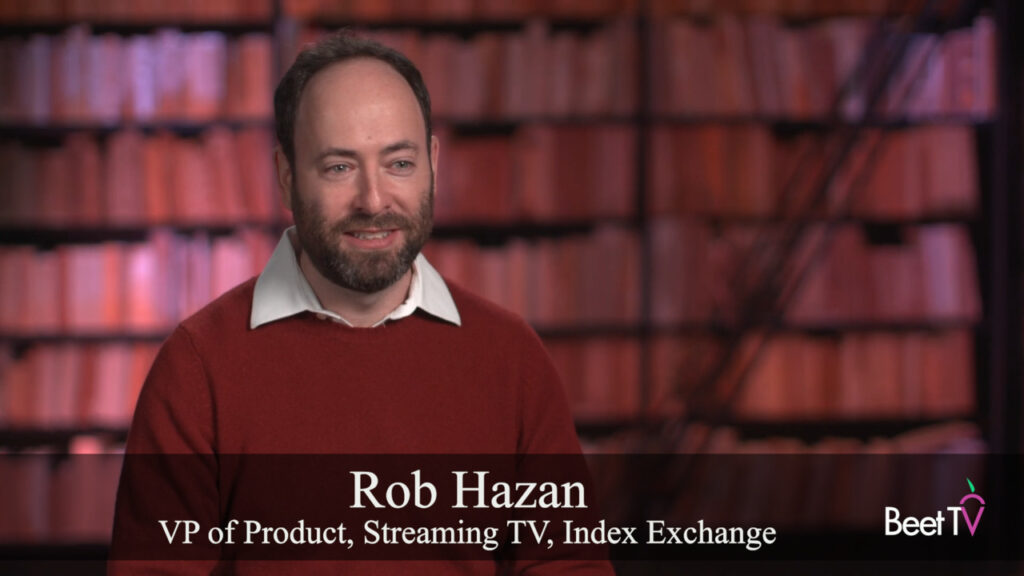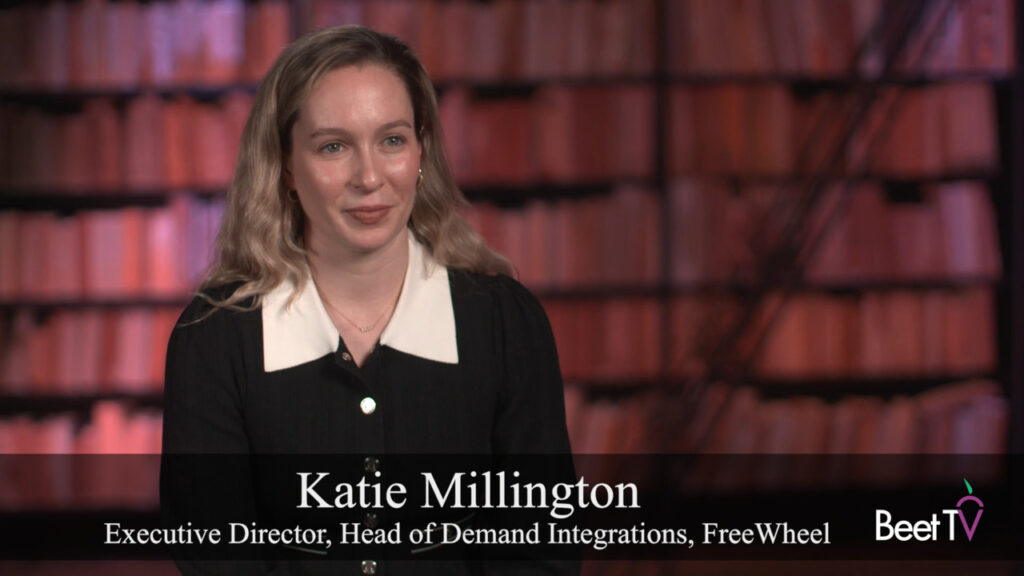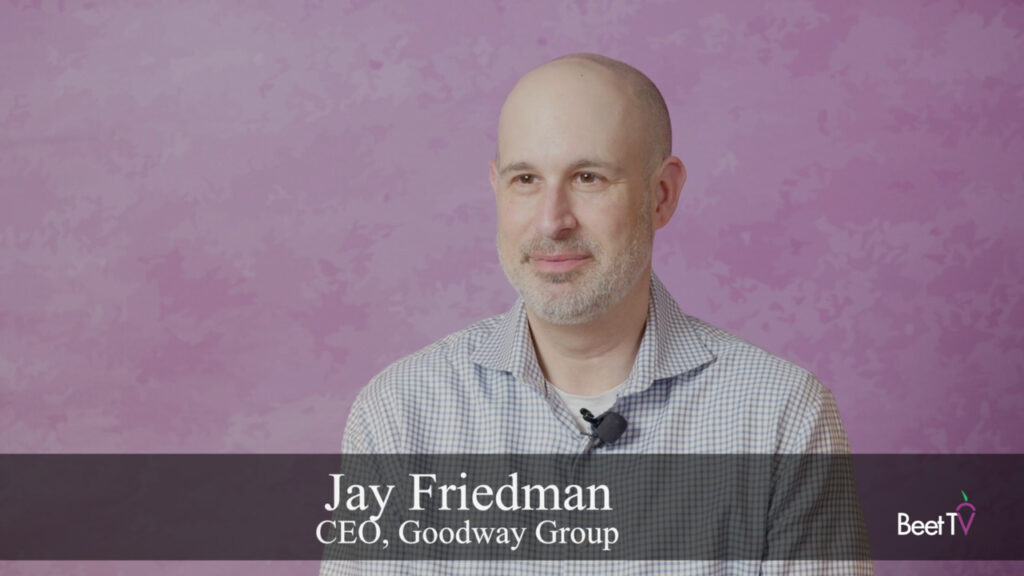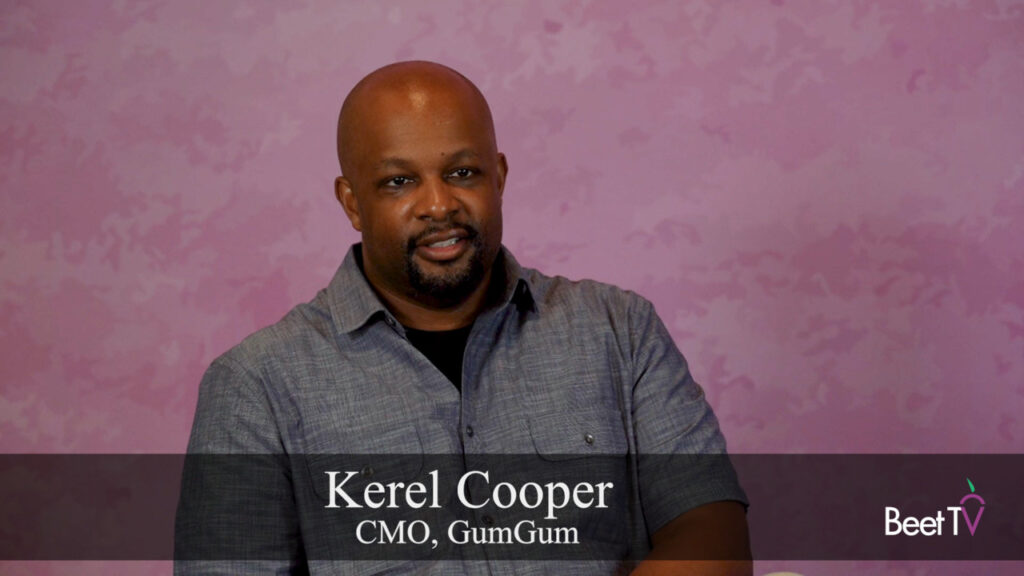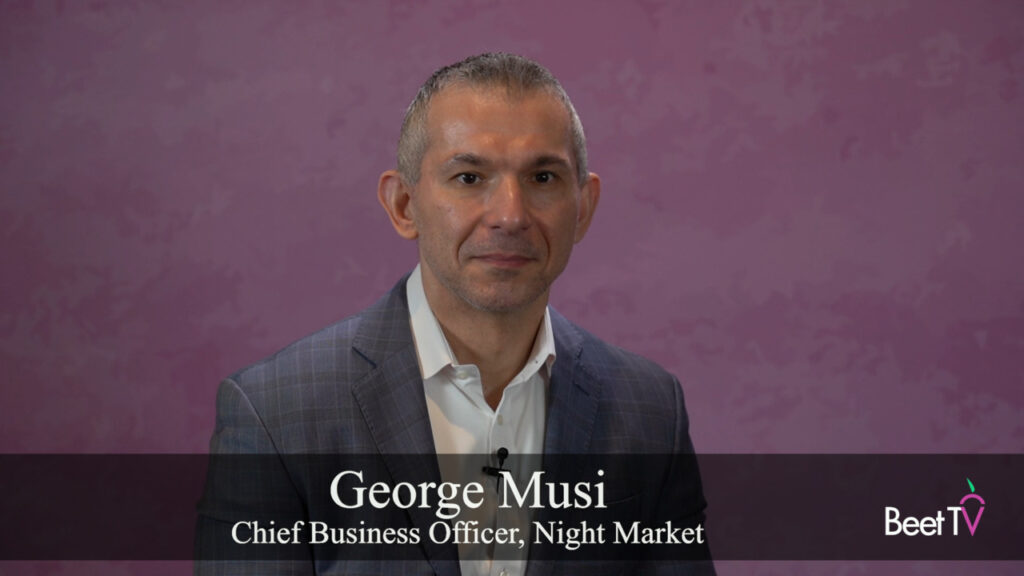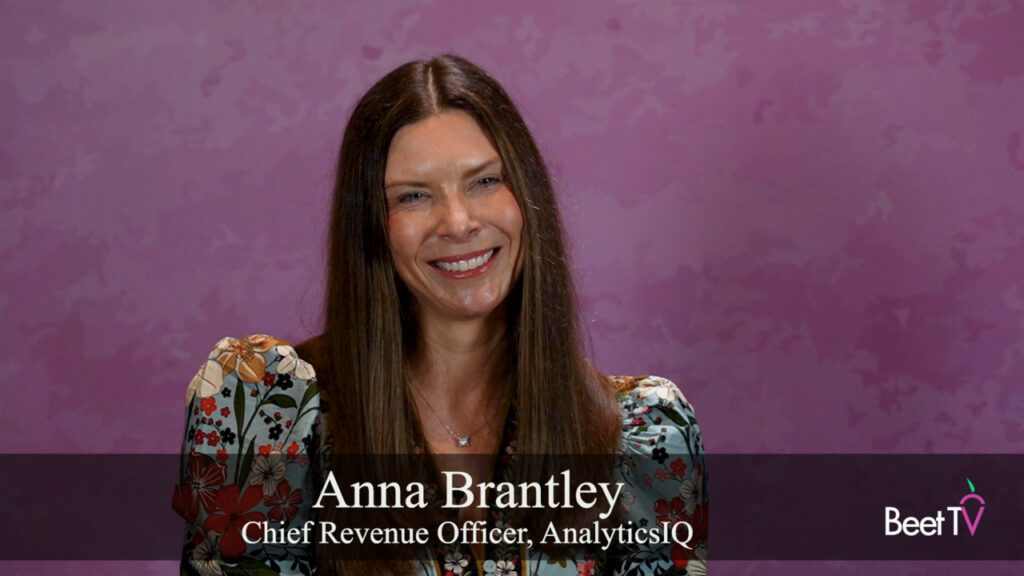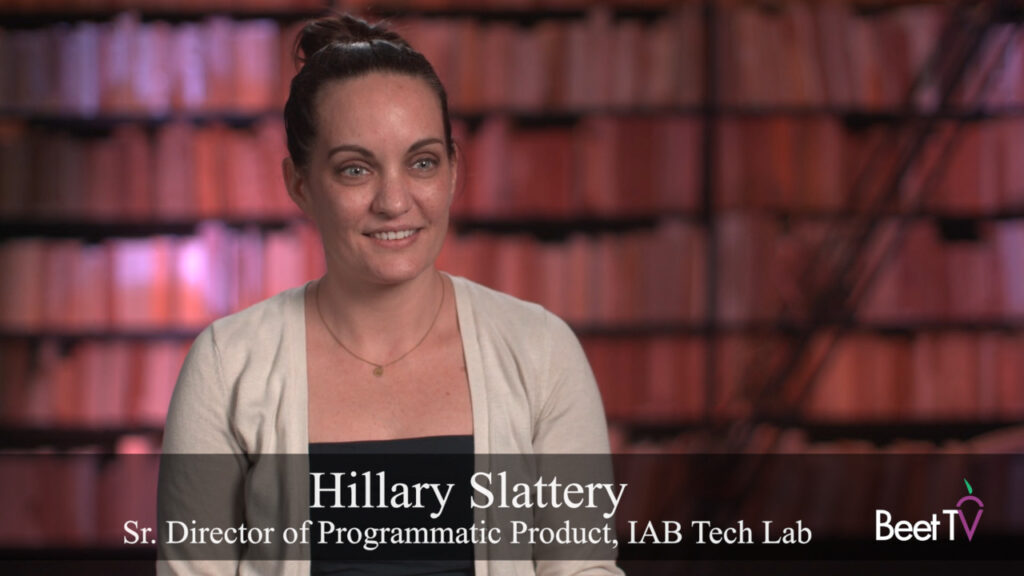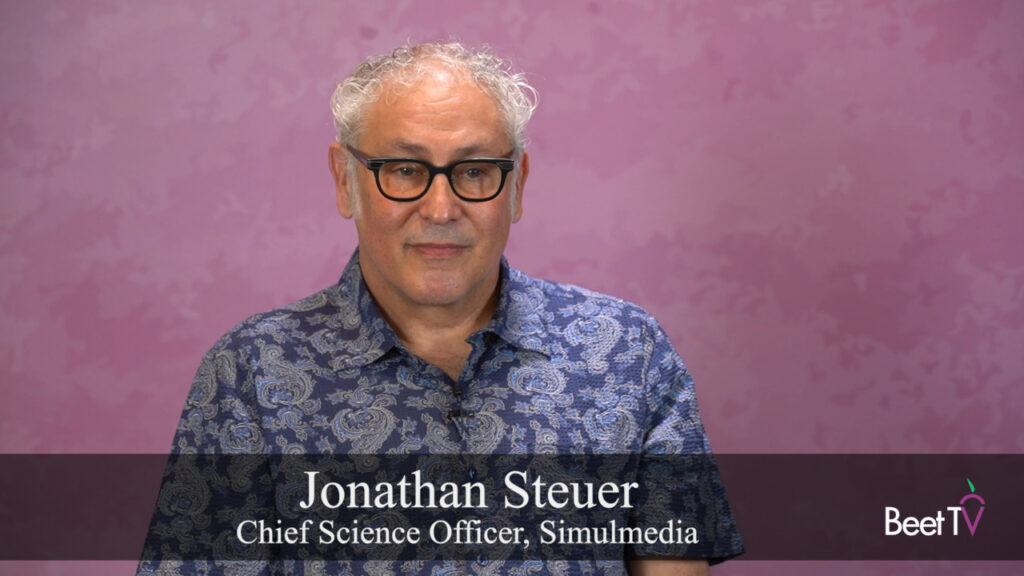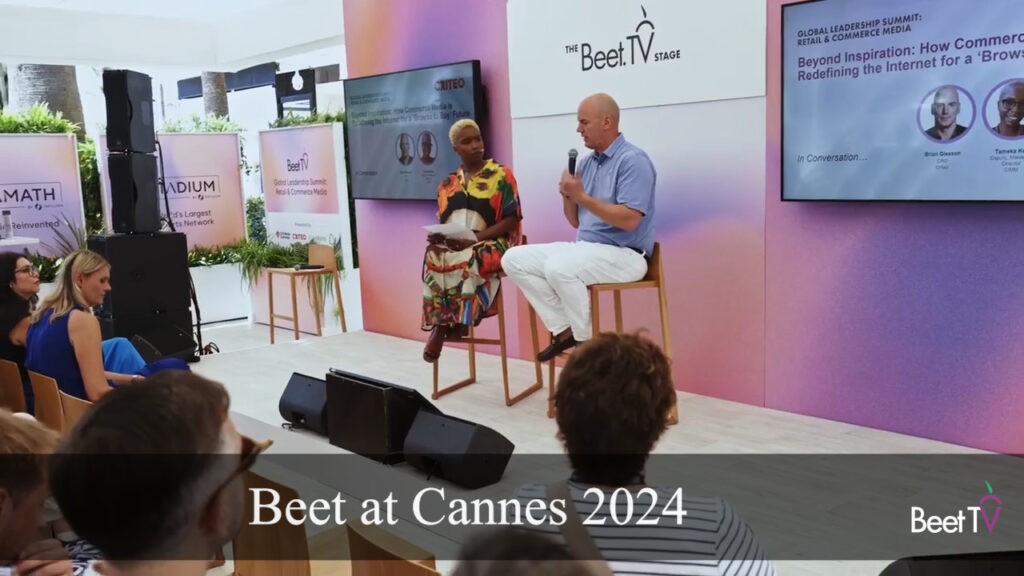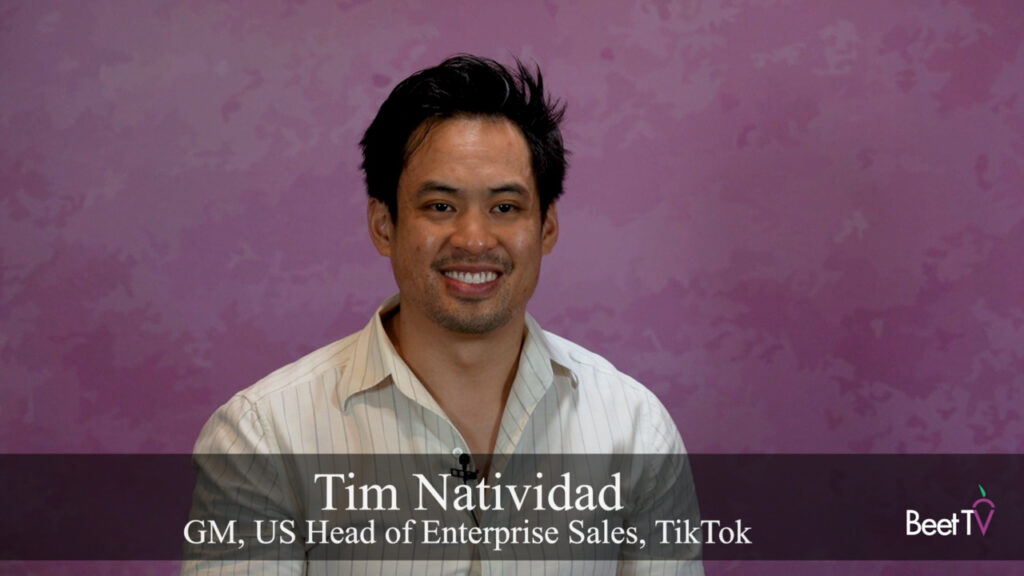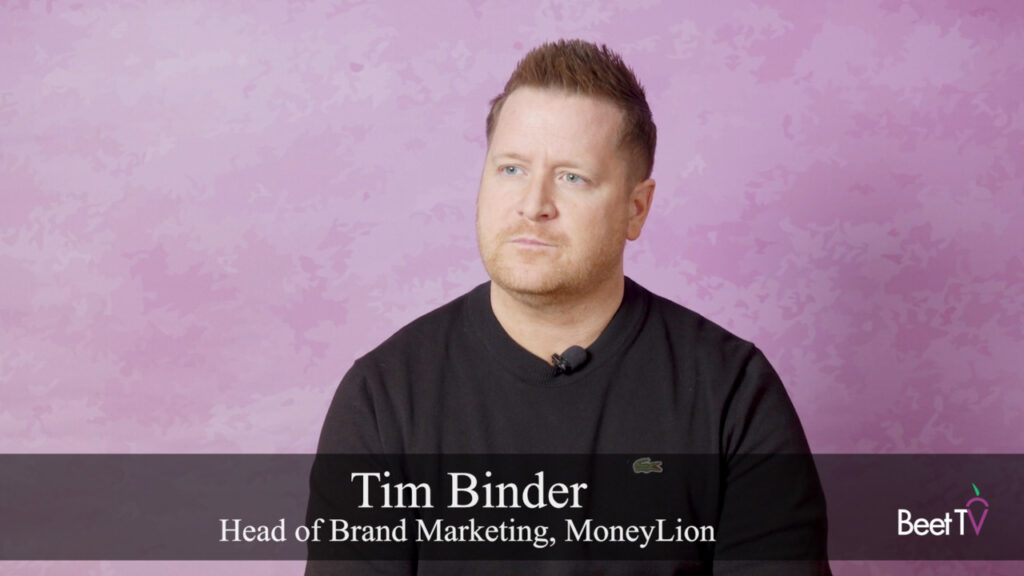The rules around consumer consent for digital tracking will be reset this coming May – but not everybody is yet prepared to change their business to cope.
The European Commission’s General Data Protection Regulation means new measures that must be followed by any global company processing EU citizens’ data, with penalties of up to 4% of global turnover.
But, whilst companies may be aware of the impending legislation, they are not necessarily prepared, says MediaLink vice chairman Wenda Harris Millard, the former Martha Stewart Living Omnimedia co-CEO who now works with the consulting firm helping media companies transform themselves.
“There’s a big difference between awareness and preparedness,” she says in this video interview with Beet.TV. “Being prepared means:
- “Hiring privacy and data experts.
- “Making sure that everyone in the organization is involved in this discussion and in the preparedness and in the action.”
GDPR is a big deal. Amongst other stipulations, measures include:
- tighter consent conditions for the collection of citizens’ data.
- consumers can instruct companies to stop processing their data.
- automated decision-making and profiling decisions must be made clear.
- consumers can request decisioning by automated processes be stopped and handled by a human instead.
- they have the right to request an explanation of automated decision-making.
- they can request free access, rectification and deletion of data.
For a marketing industry now ostensibly driven by collecting, crunching and targeting consumer data points, the challenge is clear. Steps data handling and data processing companies should take include conducting risk assessments, appointing data protection officers and overhauling policies and systems.
But Millard says: “It’s not just the purview of the marketer. It is every business function in a company.”
Running MediaLink’s operations from London since MediaLink’s acquisition by Cannes Lions organiser Ascential last year, Millard may have a better view of the new legislation than many of the US ad execs she serves.
Right now, switched-on companies are racing to hit compliance. But glass-half-full companies don’t just have to use GDPR as an event to resent or be scared of – even re-obtaining explicit consent is an opportunity for another consumer interaction. What’s more, the net effect for marketers may be, to obtain future consumer opt-in, you are going to need to create even more valuable interactions.
“Those who understand how to provide more value will do well but I think those who aren’t paying attention to the importance of that value exchange there will be a challenge there,” Millard adds.
This video is part of our series on the preparation and anticipated impact GDPR on the digital media world. The series is presented by Criteo. Please visit this page for additional segments.






